Classical CDs Weekly: Haydn, Mahler, Schubert
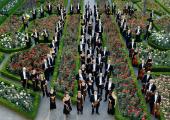
Three sets of Austro-German symphonies
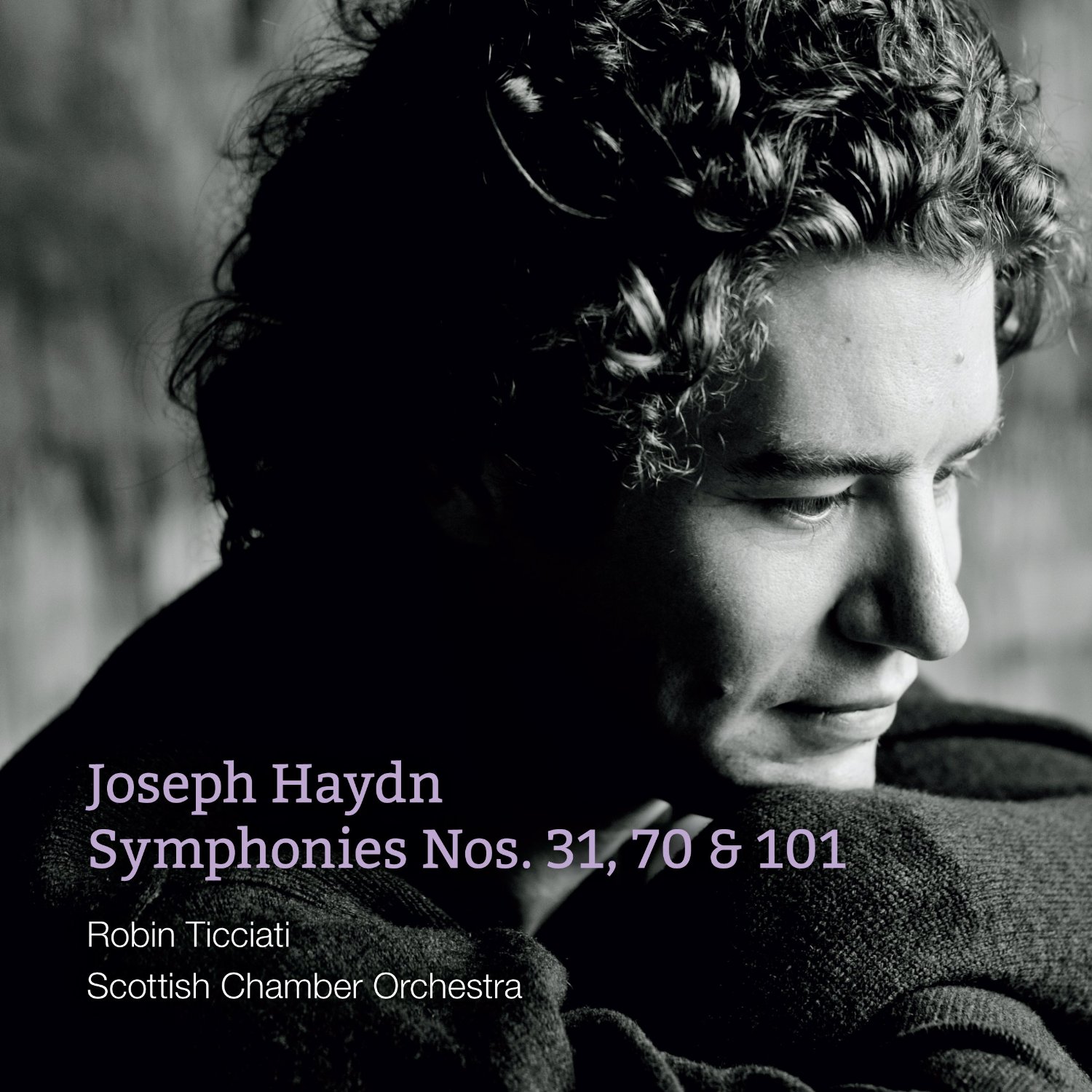 Haydn: Symphonies 31, 70 and 101 Scottish Chamber Orchestra/Robin Ticciati (Linn)
Haydn: Symphonies 31, 70 and 101 Scottish Chamber Orchestra/Robin Ticciati (Linn)

 Haydn: Symphonies 31, 70 and 101 Scottish Chamber Orchestra/Robin Ticciati (Linn)
Haydn: Symphonies 31, 70 and 101 Scottish Chamber Orchestra/Robin Ticciati (Linn)
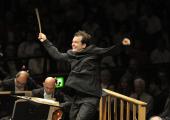
Andris Nelsons and the Boston Symphony Orchestra have made the Shostakovich Tenth their calling card. Their recent recording of the work on Deutsche Grammophon has received universal acclaim, and now they're making their first European tour together, performing the symphony in London, Salzburg, Lucerne and Paris. It’s a great choice, a work that plays to all their strengths, conductor and orchestra alike. But this varied programme also demonstrated other facets of this versatile and increasingly distinctive partnership.
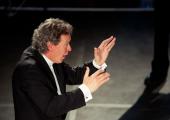
For the Scottish Chamber Orchestra the transition from its home in the Queen’s Hall to the much larger spaces of Usher Hall is not always a happy one. Earlier this season an experimental performance of Mahler’s fourth symphony lacked heft in the larger Edinburgh venue, for this listener at least, but would have swamped the smaller. Many disagreed.

Mahler once wrote that his symphonies were edifices built from the same stones, gathered in childhood. In each of the four recitals I’ve heard from Yevgeny Sudbin, he’s moved several of his repertoire cornerstones around to different effect in the piano-programme equivalents of a very large symphony orchestra playing a Mahler symphony: massive sonorities, total structural grasp, huge intelligence.
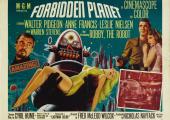
Classical composers have always enjoyed depicting the implausible. Operas based on mythological subjects abound, creating near-impossible staging demands. Musical works based on science fiction are far rarer. Haydn's plodding opera Life on the Moon isn't one of his most scintillating works. More engaging is the first act of Janacek's comedy The Excursions of Mr Brouček, its pickled hero dreaming himself onto the surface of a moon inhabited by a colony of fey artists and intellectuals.

As I sat, engaged and occasionally charmed but not always as impressed as I’d been told I would be, through violinist-animateur Richard Tognetti’s lightish seven-course taster menu of string music with the Orchestra of the Age of Enlightenment, it was worth bearing two things in mind. One was that this happened to be merely the official zenith of a truly enlightened three-part project; on Monday, parts of the programme had been played first to educate all ages and later to grab a young audience in more relaxed mode as part of the OAE’s pioneering Night Shift series.

I declare an interest. In the last 10 years or so the Scottish Ensemble has twice, at my invitation, visited the Borders village where I live, about 30 miles south of Edinburgh. On both occasions the ensemble performed a rich and challenging programme in front of a rural audience awestruck that such uncompromisingly competent music-making could descend on a village hall more accustomed to flower shows and badminton tournaments. As a promoter, I was amazed that the ensemble’s answer to my invitation was, without equivocation, “yes”.
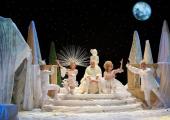
You may be more familiar with the Italian title, Il mondo della luna, but chances are you won’t have seen this or any of Haydn’s other 16 operas. You haven’t missed much, at least until the last of his works as court composer to the Esterházy family, Armida, an "heroic drama" rather than the slim comedies which don’t seem to have inspired the composer to the heights of his symphonies and string quartets.
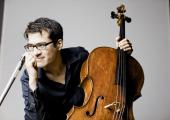
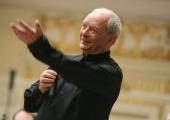
He was not only a bracing conductor/harpsichordist pioneer in period-instrument authenticity, writes David Nice, but also a gentleman and a scholar. My only direct acquaintance with Christopher Hogwood, who died earlier this week at the age of 73, was in two projects dear to his heart: the recording of Handel’s Orlando, mentioned by its countertenor star James Bowman below as a highlight of his career, and his phenomenally well researched Haydn symphonies series, both for that handsomely logo-ed early music branch of Decca known as L’Oiseau-Lyre.